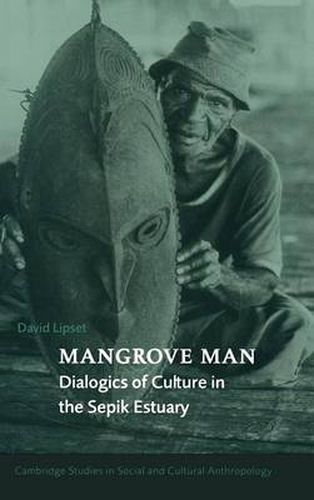Readings Newsletter
Become a Readings Member to make your shopping experience even easier.
Sign in or sign up for free!
You’re not far away from qualifying for FREE standard shipping within Australia
You’ve qualified for FREE standard shipping within Australia
The cart is loading…






This is the first modern ethnography of the Murik, a relatively large and important community settled on the Sepik River estuary in Papua New Guinea, and the only book of a non-Western culture drawing on the conceptual framework of the Russian literary theorist, Mikhail Bakhtin. Murik men, who exercise political power, conceptualize women as the source of nurture, generosity and love. This conceptualization creates for men a kind of existential problem, and their claim to sustain and reproduce society requires them to appropriate the nurturant qualities of women. So they must, in some sense, model certain aspects of themselves after women. A ‘maternal schema’ or poetics of the female body’, therefore underlines the sociocultural patterns of these societies. This schema expresses itself in a range of societal domains: in kinship relations, life-cycle rituals, the men’s cults, and in disputes and processes of conflict resolution. The issues discussed tie in with some of the major contemporary debates in the social sciences: the relationship between ideas of male and female power.
$9.00 standard shipping within Australia
FREE standard shipping within Australia for orders over $100.00
Express & International shipping calculated at checkout
This is the first modern ethnography of the Murik, a relatively large and important community settled on the Sepik River estuary in Papua New Guinea, and the only book of a non-Western culture drawing on the conceptual framework of the Russian literary theorist, Mikhail Bakhtin. Murik men, who exercise political power, conceptualize women as the source of nurture, generosity and love. This conceptualization creates for men a kind of existential problem, and their claim to sustain and reproduce society requires them to appropriate the nurturant qualities of women. So they must, in some sense, model certain aspects of themselves after women. A ‘maternal schema’ or poetics of the female body’, therefore underlines the sociocultural patterns of these societies. This schema expresses itself in a range of societal domains: in kinship relations, life-cycle rituals, the men’s cults, and in disputes and processes of conflict resolution. The issues discussed tie in with some of the major contemporary debates in the social sciences: the relationship between ideas of male and female power.